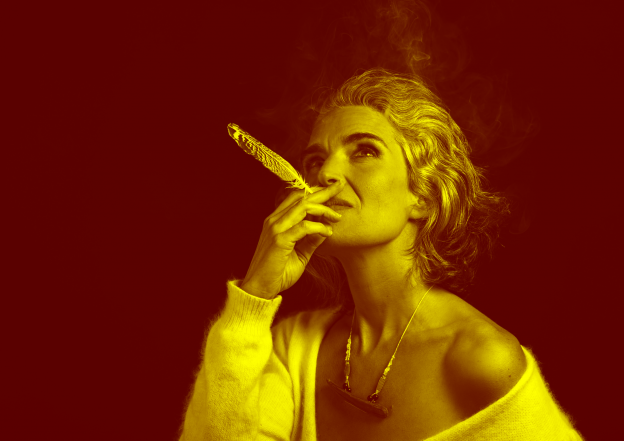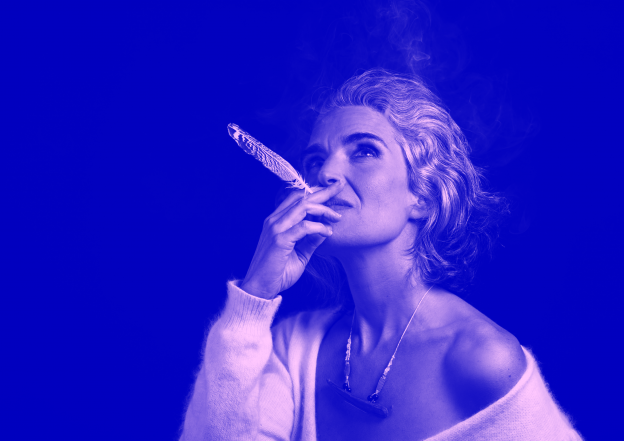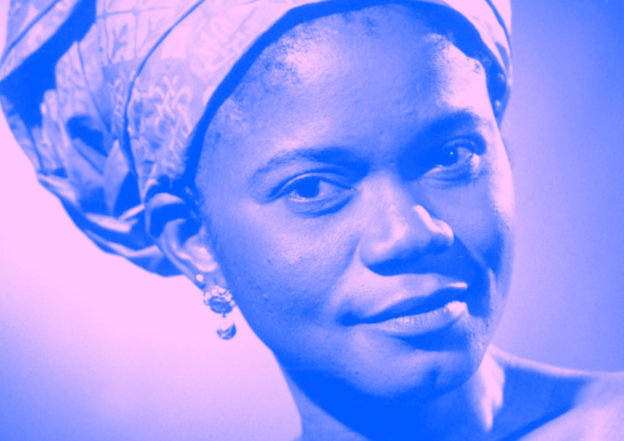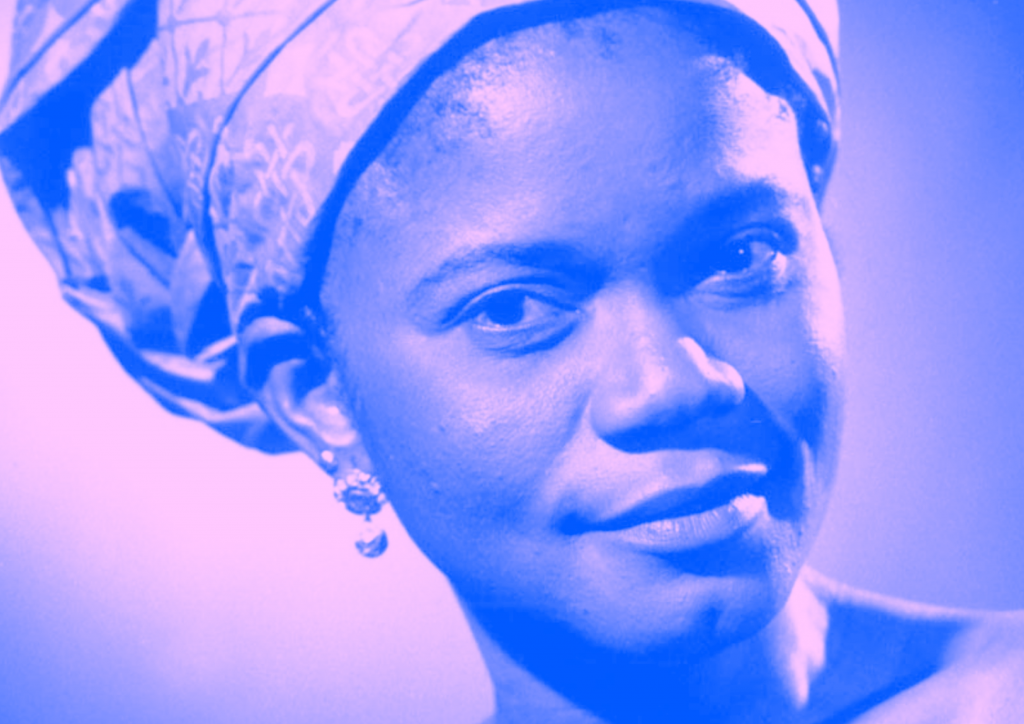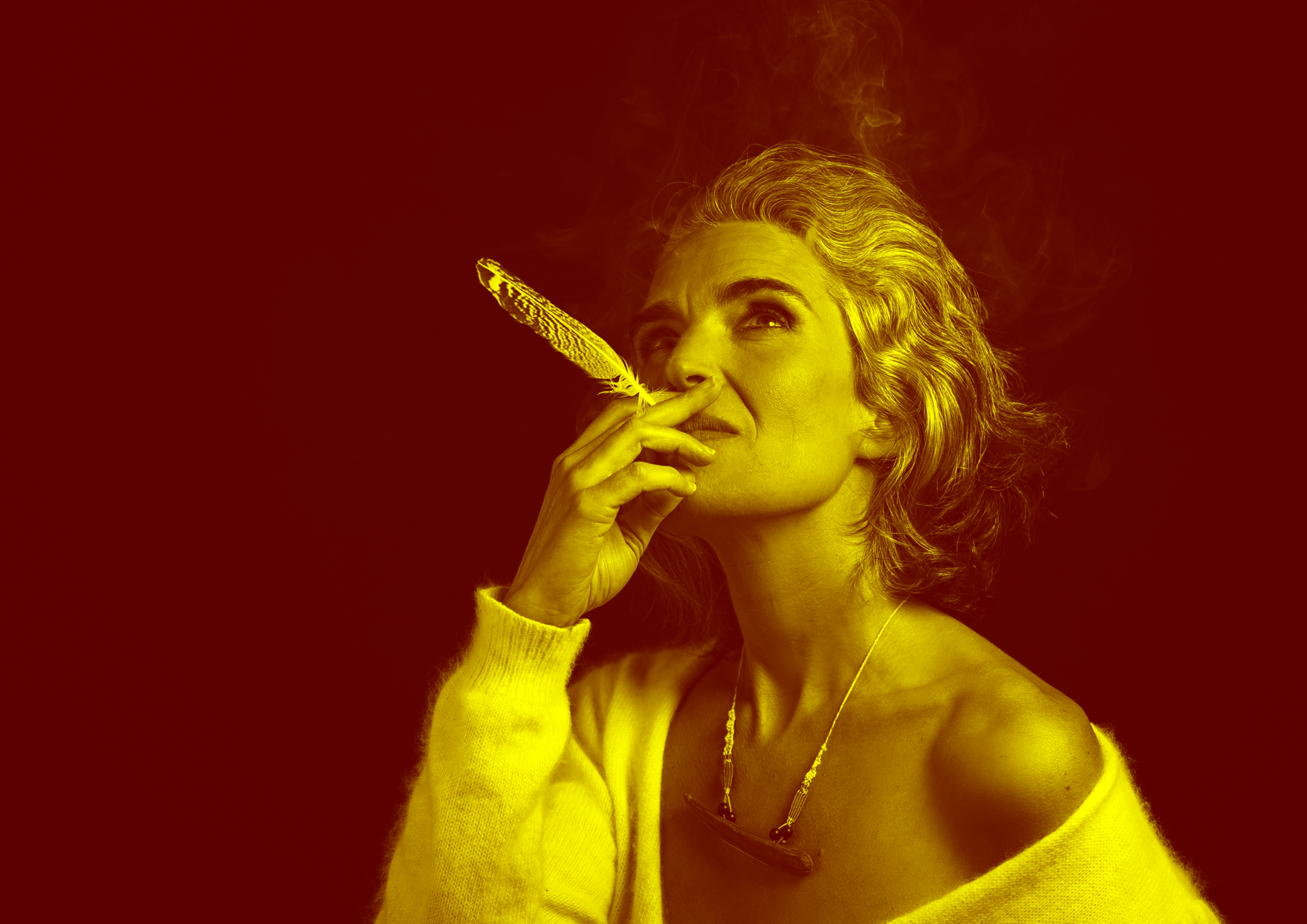
She has been praised by greats like Caetano Veloso, and some describe her voice as a female version of Leonard Cohen or Tom Waits. Influences from French chanson, bossanova and Greek folk music can be heard in Lula Penas music, but Portuguese fado is always there at the core: Songs of missing and longing, once sung by sailors far away on the outskirts of the Portuguese empire. Fado is about being in motion, and as such has always been a style in change. In Lula Pena’s delicate interpretations, it blends with the words of medieval troubadours, surrealistic poetry and the soundtrack from The Twilight Zone. On the latest album Archivo Pittoresco, she sets music to poems by Manos Hadjidakis, Violeta Parra and others. With her deep voice and unique guitar playing (drumming on the box as much as strumming the strings sometimes), Lula Pena creates a style of her own, both low-key and intense. She has called it musical acupuncture: It is not so much about telling a story as it is about touching certain sensitive points in the audience.
